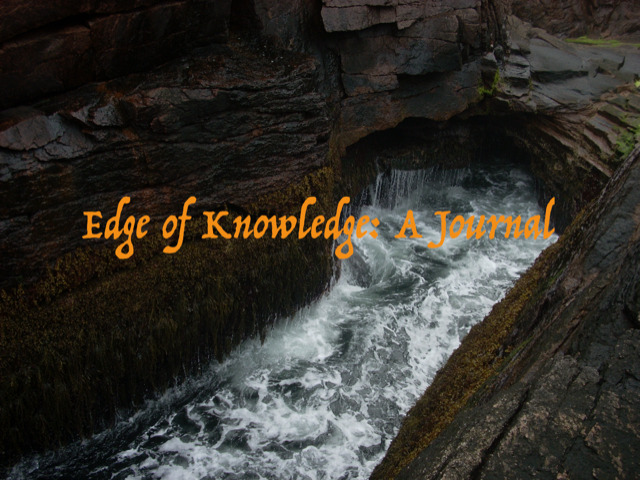
The Age of Enlightenment
The next historical period is the 17th and 18th Century Age of Enlightenment. Obviously, this is such a profound, complex and rich time in Western cultural history, that it would be impossible to examine it fully here. Instead, I’ll focus only on a few relevant themes.
The philosophers of the Enlightenment period put their faith neither in God nor in a king, but rather in the light of reason. From the earliest recollections of human memory, and very likely long before, divine forces (regardless of which religion) played an active role in the affairs of human beings and human beings, in turn, were embedded in a world permeated by those divine forces. Major decisions of war and peace, life and death as well as the more mundane concerns of commerce and marriage almost always required the counsel of the priests. Though this was true until the Enlightenment, we can already see it waning in the preceding centuries with the emergence of Renaissance Humanism and the Scientific Revolution.
Though it’s impossible, of course, to say exactly when a particular period of history began, a good case can be made that the Age of Enlightenment began with René Descartes (1596-1650) and Galileo Galilei (1564-1642). For Plato and the later Christian Neo-Platonic philosophers such as Saint Augustine (354-430), reason was man’s means of apprehending the cosmic order of the outer world. Descartes, however, turned inward to view reason as man’s means not of finding order but of constructing it. In other words, Descartes made man the source of his own certainty and using this as a starting point, he sought to devise a philosophy, which was based on a premise so self-evident that it would be irrefutable.
With his famous “cogito ergo sum” (“I think therefore I am”) in 1637 he established not only his own philosophy but also one of the foundational principles of the entire Age of Enlightenment. Specifically, Descartes shifted the basis for acquiring knowledge from a reliance on external authority and tradition to an internal method of rational thinking. This also was Galileo’s contribution to the spirit of the Age. Among his many scientific discoveries in astronomy, physics, mathematics and engineering, one of those for which he is probably most remembered is his observations of the moons of Jupiter, which confirmed Nicolaus Copernicus’ (1473-1543) heliocentric model of the Solar System. But because the heliocentric model contradicted the teachings of the Church at the time, he was first examined by the Inquisition in 1615 and finally in 1633 condemned by it and punished with life-long house arrest and prohibition from publishing his work.







